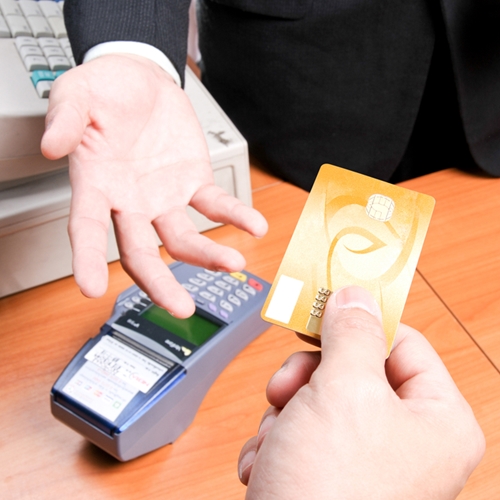
Having too many credit cards can be bad for your finances and debt
The new year sees millions of people make resolutions to better themselves and their finances. Looking back at previous habits is one of the best ways to learn how to correct money management practices and start fresh. 2014 is already underway, so here are a few things NOT to do with your money that will help you keep your head on straight:
Forgetting non-monthly expenses
When it comes to our spending, it is likely about the same amount month to month - or so many believe. However, there are certain times of the year when people spend more. During the holiday season, for example, many Americans end up spending hundreds of dollars more buying gifts for others or paying for vacations and trips. If these extra expenses aren’t budgeted, you could end up with serious debt at the end of the month. To change this habit, simply plan ahead for months when you know you will need to spend more.
Spending without a budget
A budget is a necessary spending tool that makes you more mindful and responsible about where your money goes. Without one, it can be difficult to understand your finances and expenses. Additionally, it is easier to spend more than you earn without a spending budget for each month. To correct this, simply compile a list of all your expenses, with the most important ones - like rent, mortgage payments, bills and food - first. After, add in extra expenses like eating out, entertainment and shopping. List your income and allocate money to each expense. If you end up spending more than you earn, look for areas where you can cut back a bit.
Having too much credit card debt
When you use a credit card for all your purchases, it is much easier to spend more and blow your budget. In addition, credit cards can bring a person more debt. Unlike prepaid cards and debit cards - which only allow you to spend money you have - credit cards borrow money that you must then pay back in monthly bills. If you carry a large outstanding balance, your credit rating could be affected. Instead of using credit cards for everyday purchases, try sticking to your debit or prepaid cards in order to really spend within your limits.
(If you have high credit card balances, make it a priority to start paying them off. If you have multiple credit cards, narrowing them down to just a couple will also help your credit score and reduce your debt. You can also reduce the amount of debt you owe by paying off credit bills in full each month and on time. Interest rates and late fees can add to amount already owed.)
The information contained in this article does not constitute financial, legal or tax advice and its authors make no claims about its accuracy or completeness. The authors of this article do not hold themselves out as providing any legal, tax, financial or other advice and do not make any recommendations or endorsements as to any investment, financial plan or any other product or services. The materials contained in this article do not constitute advice and you should not rely on any material in this article to make, or refrain from making, any decision. As laws and regulations change frequently, we cannot guarantee that the information contained in this article is current or applicable to your specific circumstances. Laws and regulations may vary from jurisdiction to jurisdiction. Legal, tax and financial advice must always be tailored to your specific circumstances and nothing in this article should be viewed as a substitute for the advice of competent legal, tax or financial advisors.